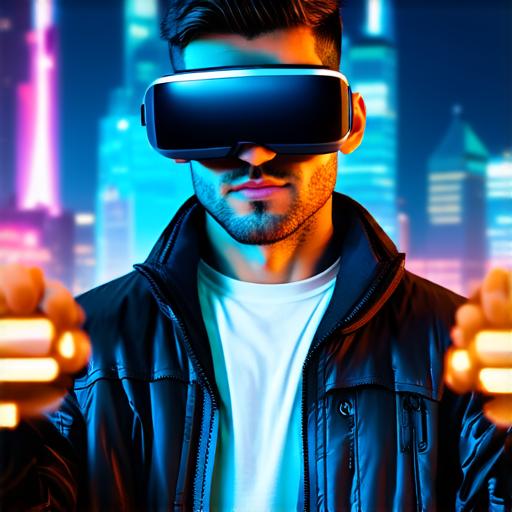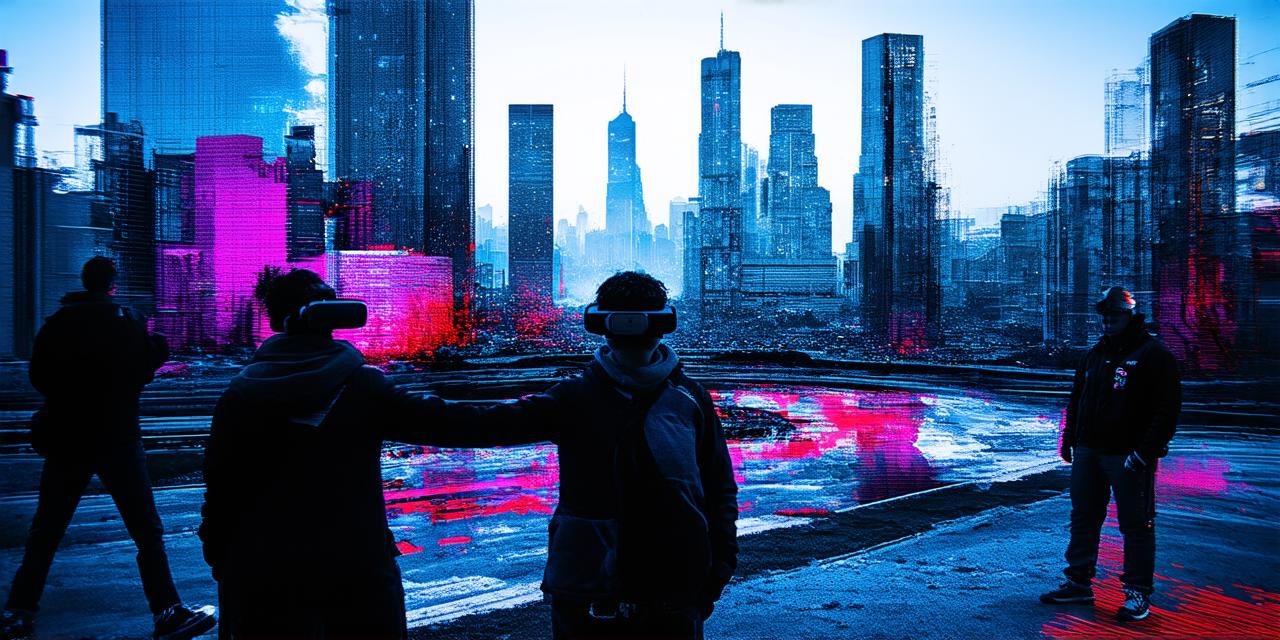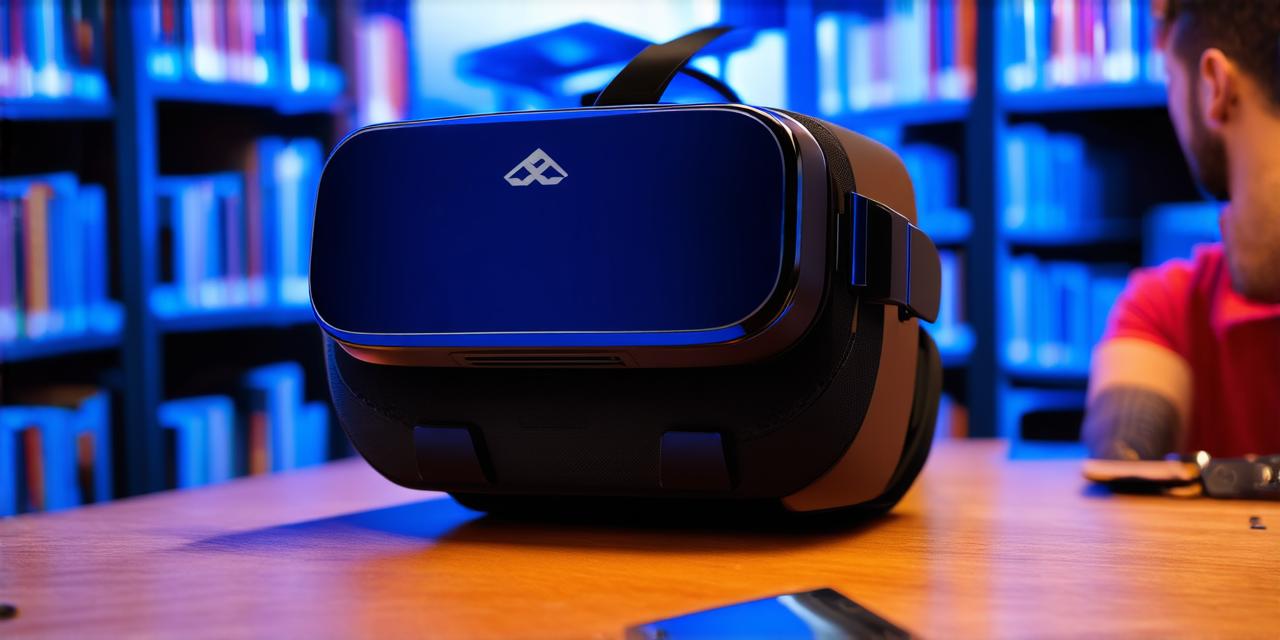Virtual reality (VR) is a rapidly evolving technology that has captured the imagination of people across various industries. From gaming to education and healthcare, VR offers an immersive experience that can transform the way we interact with the world around us.
1. Immersive Experience
One of the most significant aspects of VR is its ability to create an immersive experience. By placing users in a virtual environment, VR allows them to interact with objects, characters, and environments in a way that feels real. This sense of immersion has been shown to increase engagement and improve the overall user experience.
2. Interactivity
Another key factor that makes VR fascinating is its interactivity. In VR, users can interact with virtual objects and environments in a way that feels natural and intuitive. This interactivity allows for more engaging and immersive experiences, as well as the ability to simulate real-world scenarios.
3. Personalization
Virtual reality also offers the opportunity for personalization. Users can customize their virtual environments to suit their preferences and needs. This personalization can lead to a more engaging and immersive experience, as well as increased user satisfaction.
4. Accessibility

Virtual reality technology has come a long way in terms of accessibility. With advancements in hardware and software, VR systems are now more affordable and user-friendly than ever before. This accessibility has led to increased adoption across various industries, as more people are able to experience the benefits of VR.
5. Research and Experiments
There is a wealth of research and experiments that support the effectiveness of virtual reality in various industries. Studies have shown that VR can improve cognitive function, reduce anxiety and stress, and increase job satisfaction. As AR developers, it’s important to stay up-to-date on the latest research and experiments in order to develop applications that are both effective and engaging.
In conclusion, virtual reality technology is fascinating because of its ability to create immersive experiences, offer interactivity, allow for personalization, improve accessibility, and provide a wealth of research and experimentation to support its effectiveness. As AR developers, it’s important to consider the potential benefits of VR in order to develop applications that are both engaging and effective. By staying up-to-date on the latest trends and developments in VR technology, AR developers can create applications that have a real impact on people’s lives.




